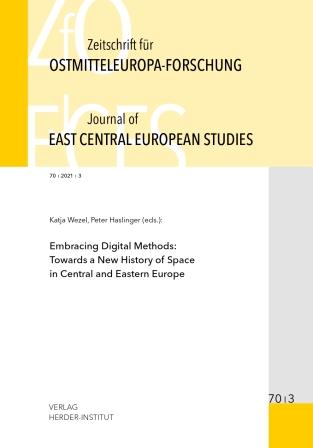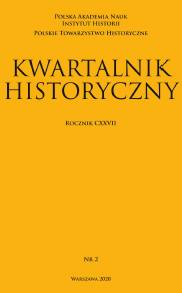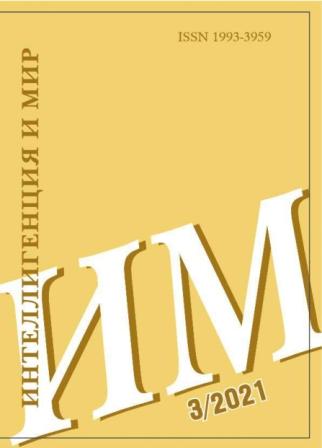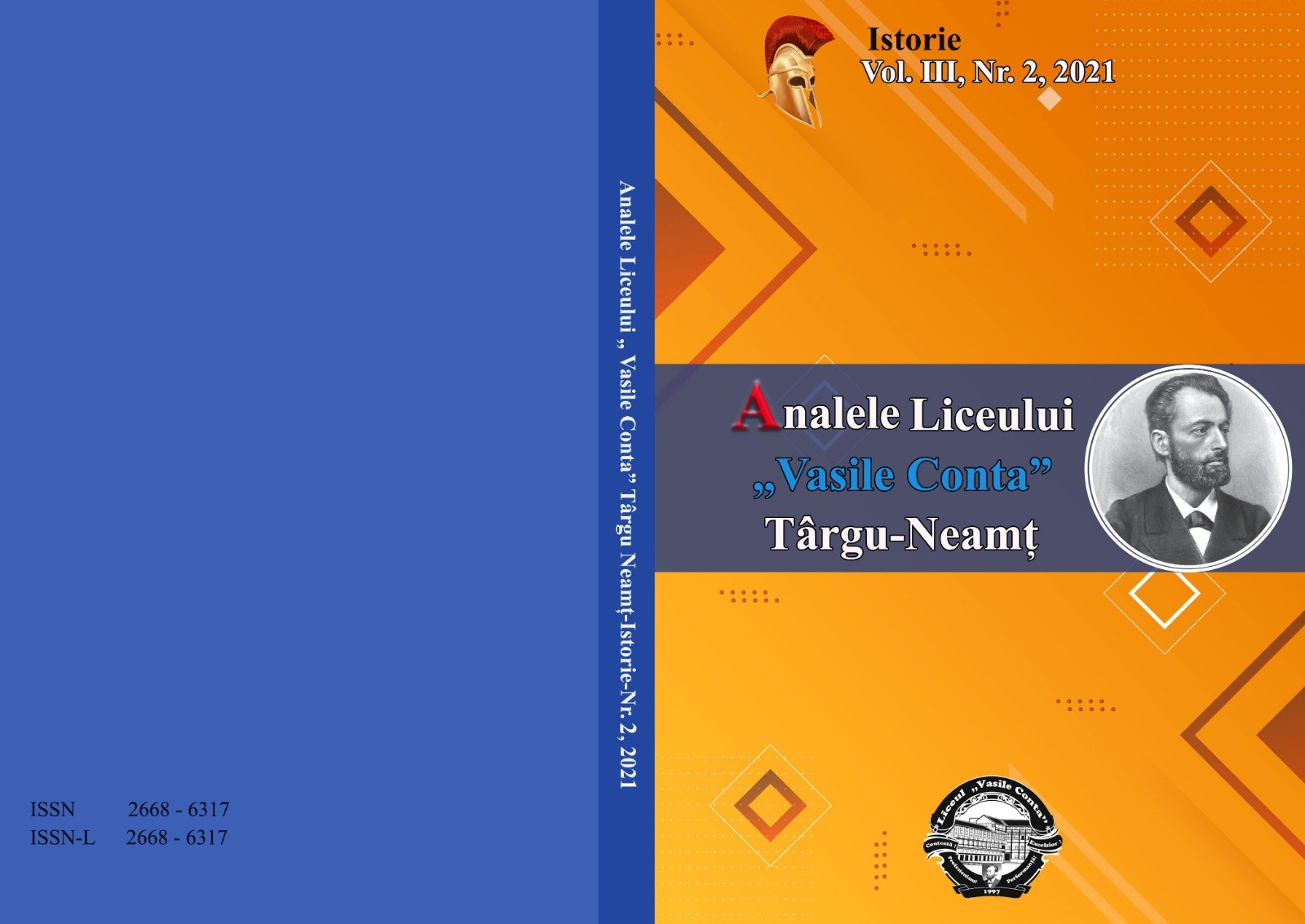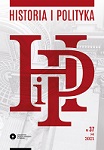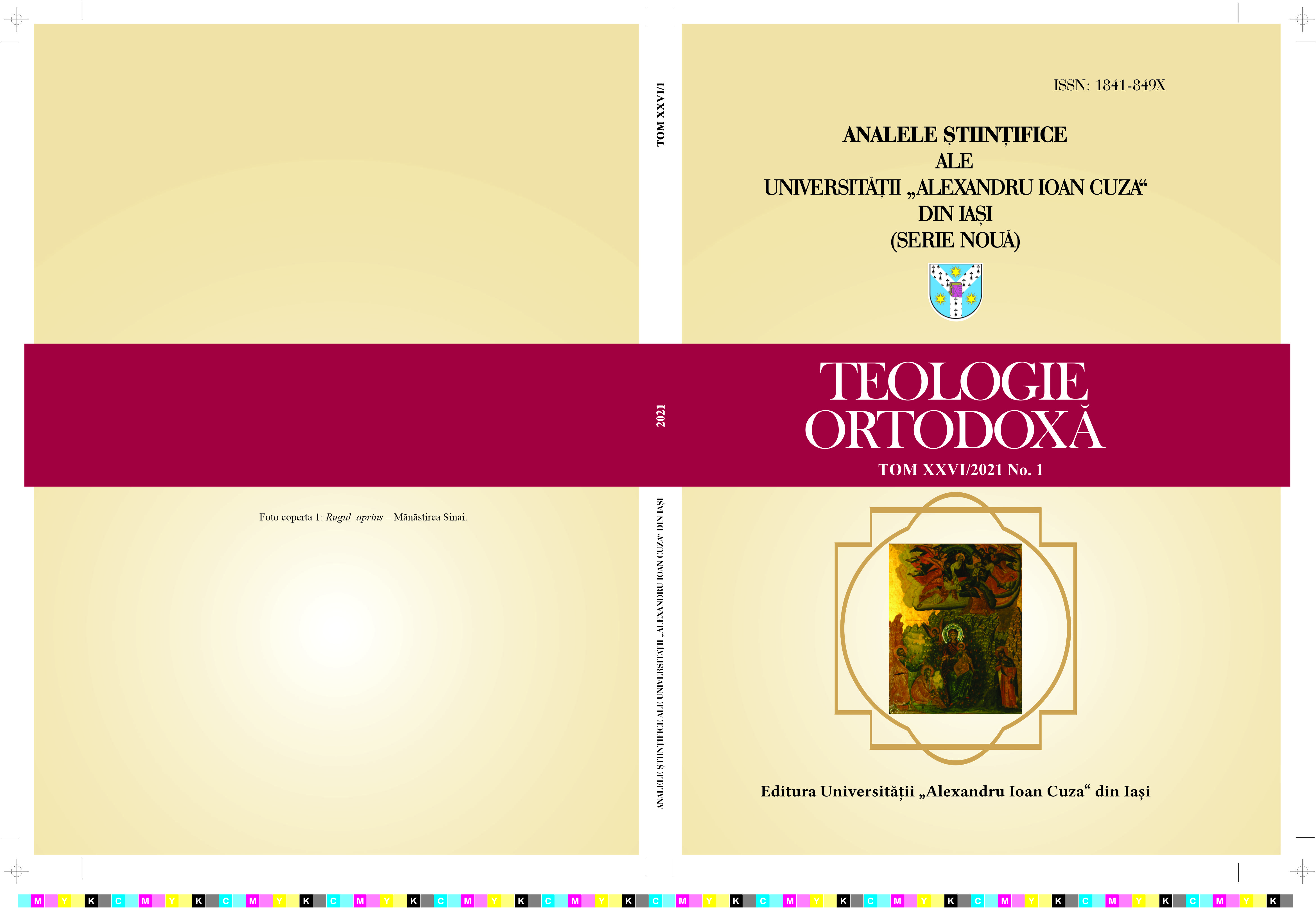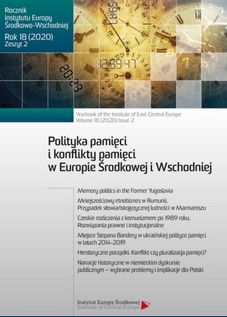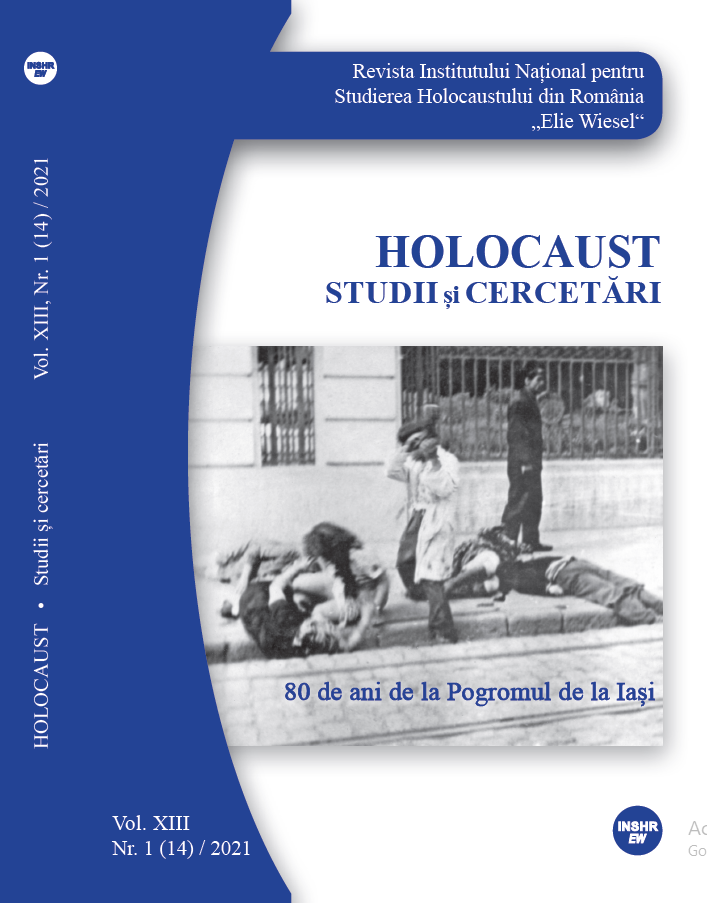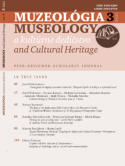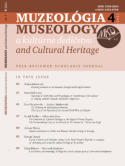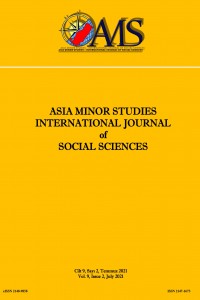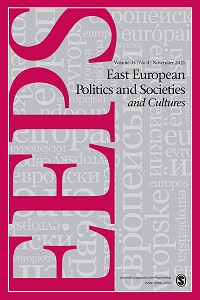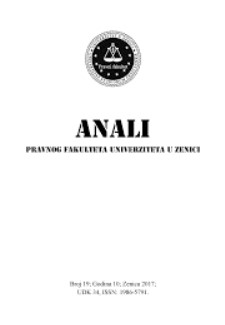
STRADANJE JEVREJA BOSNE I HERCEGOVINE TOKOM HOLOKAUSTA
Not much is said about this topic, almost nothing, and neither in the school books nor in the whole history of Bosnia and Herzegovina. Even bigger reservation is made in regards to the responsibility for the committed crimes. It is commonly accepted that the Holocaust was committed by someone else in some other state. When Holocaust is mentioned in Bosnia and Herzegovina or spoken about, it is commonly referred to the Auschwitz, Germany or Jasenovac. Based on the original files and publications of the relevant authors, this article examines some of the key aspects of the committed Holocaust on Jews from Bosnia and Herzegovina, especially children, from the process of dehumanization, adoption of the legal framework which provided the opportunity for the crimes, to camps they went through and finally, found the places of their execution.
More...
